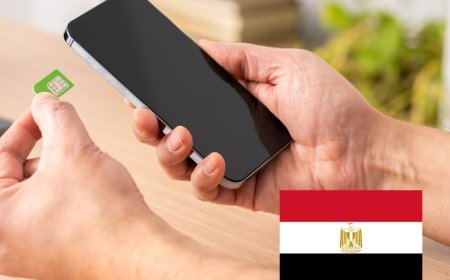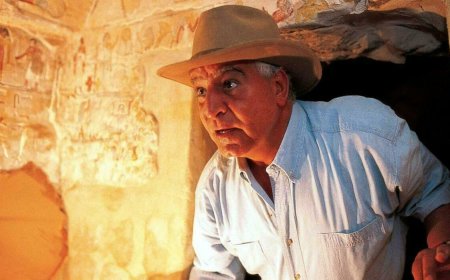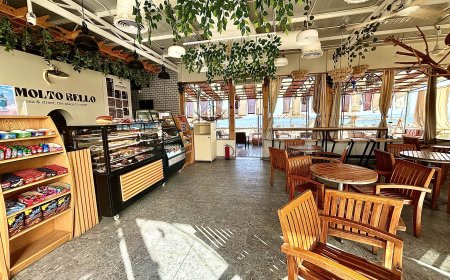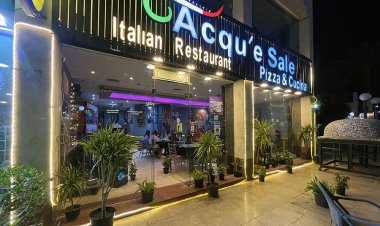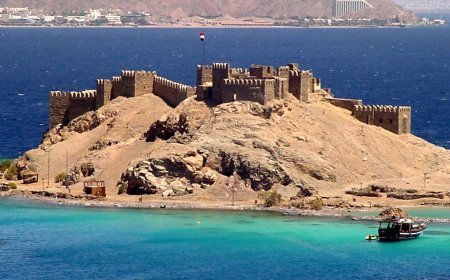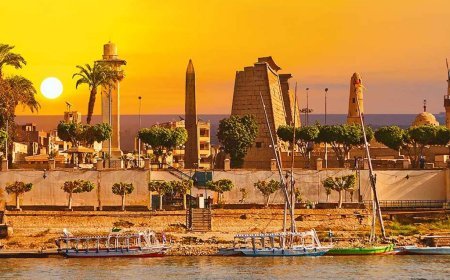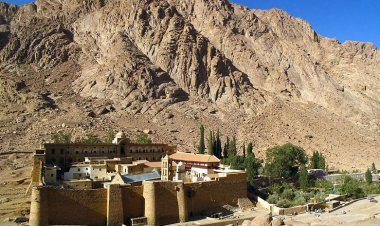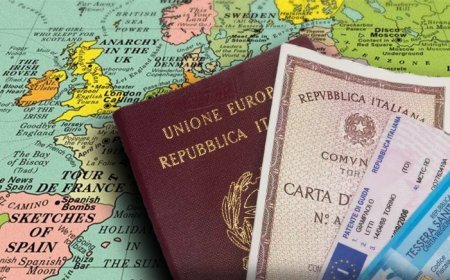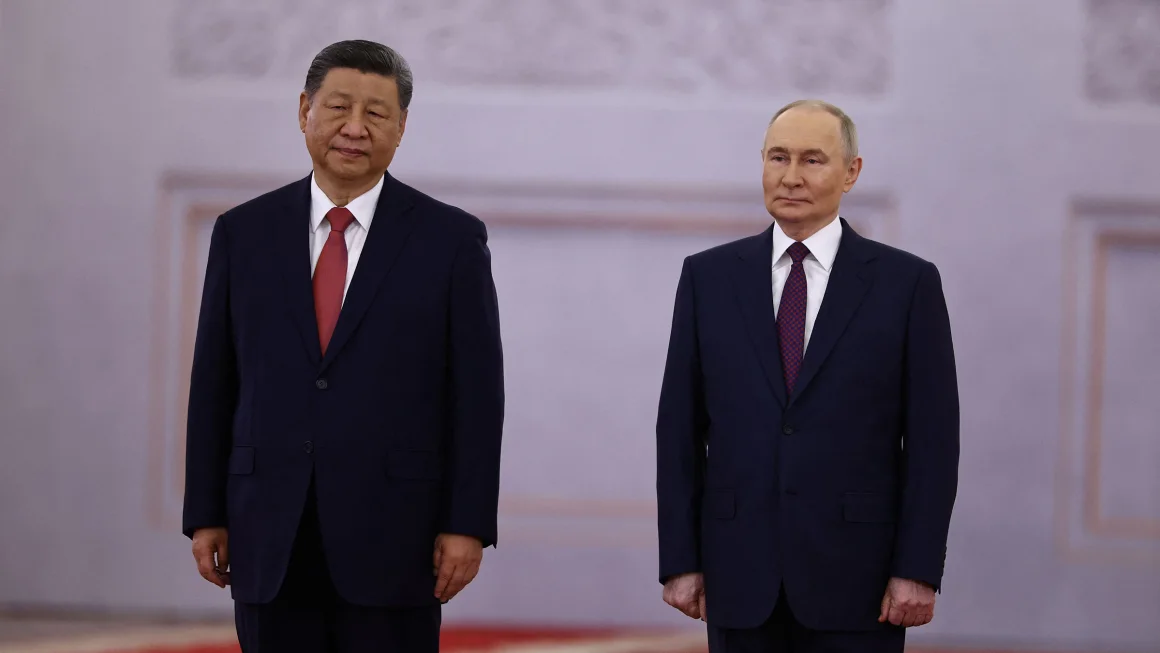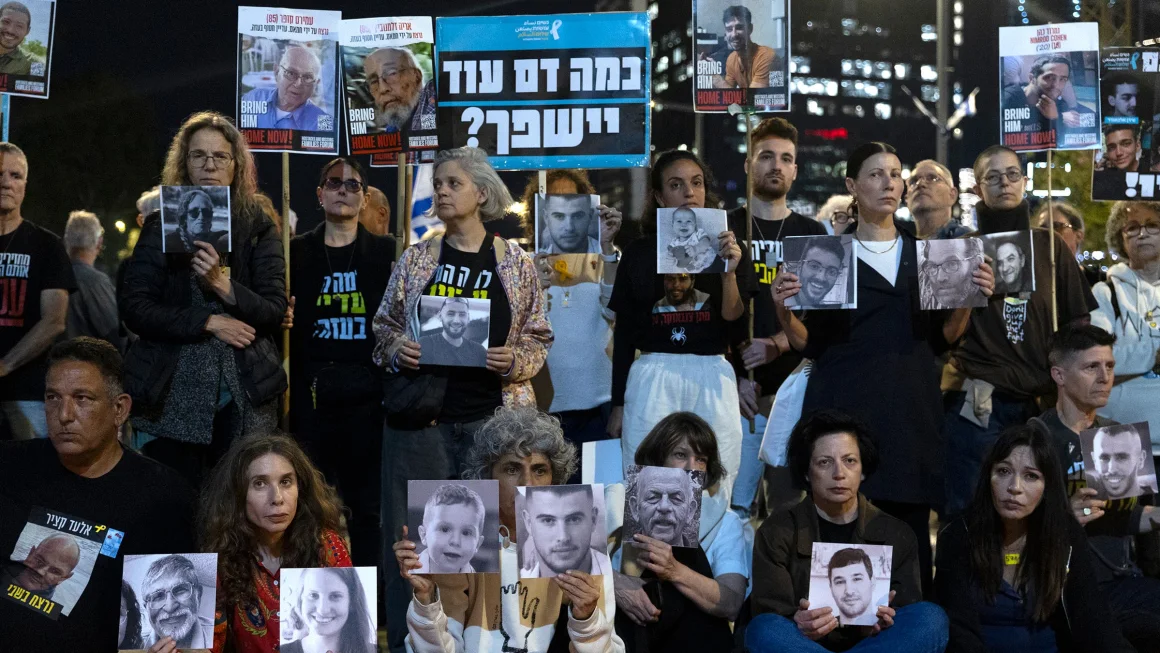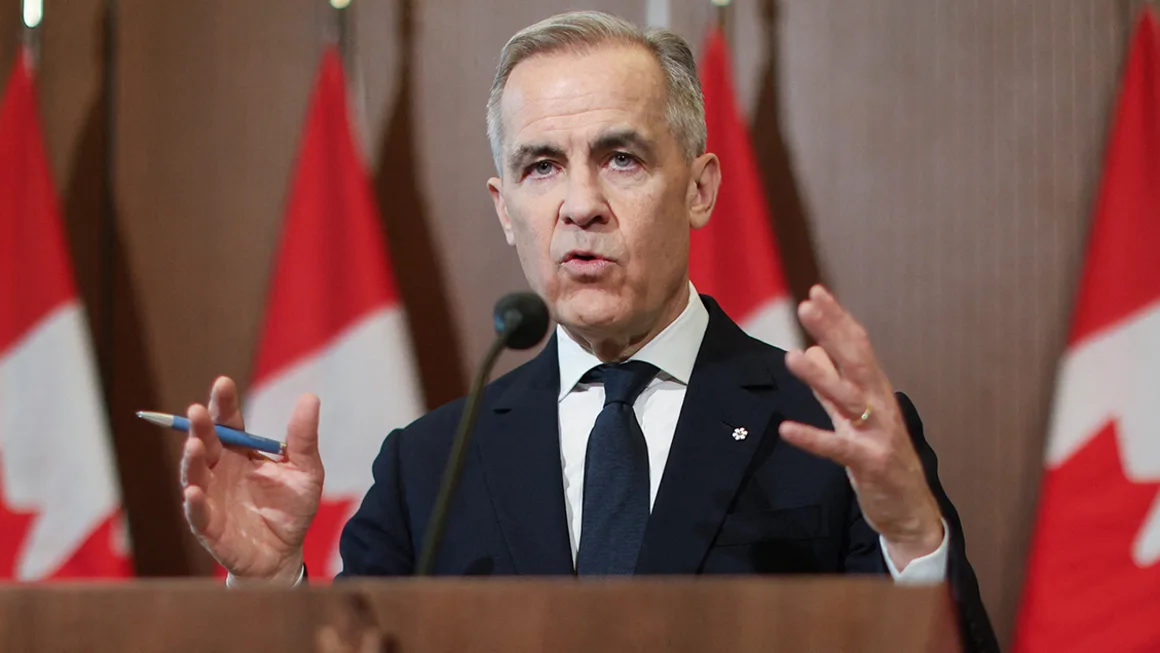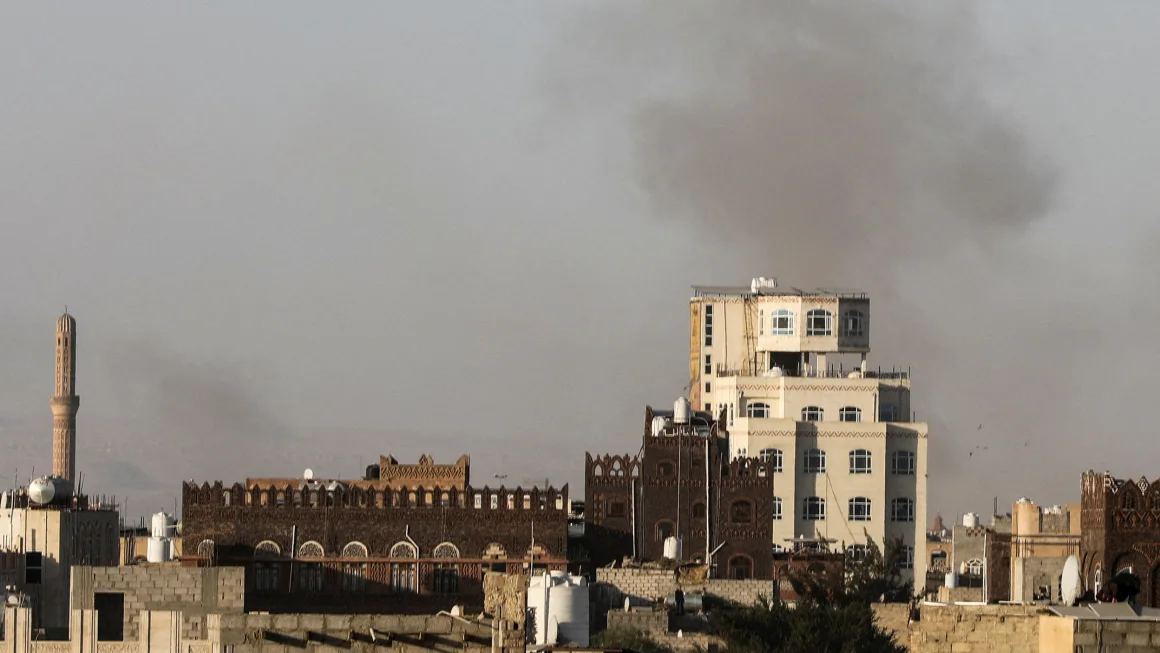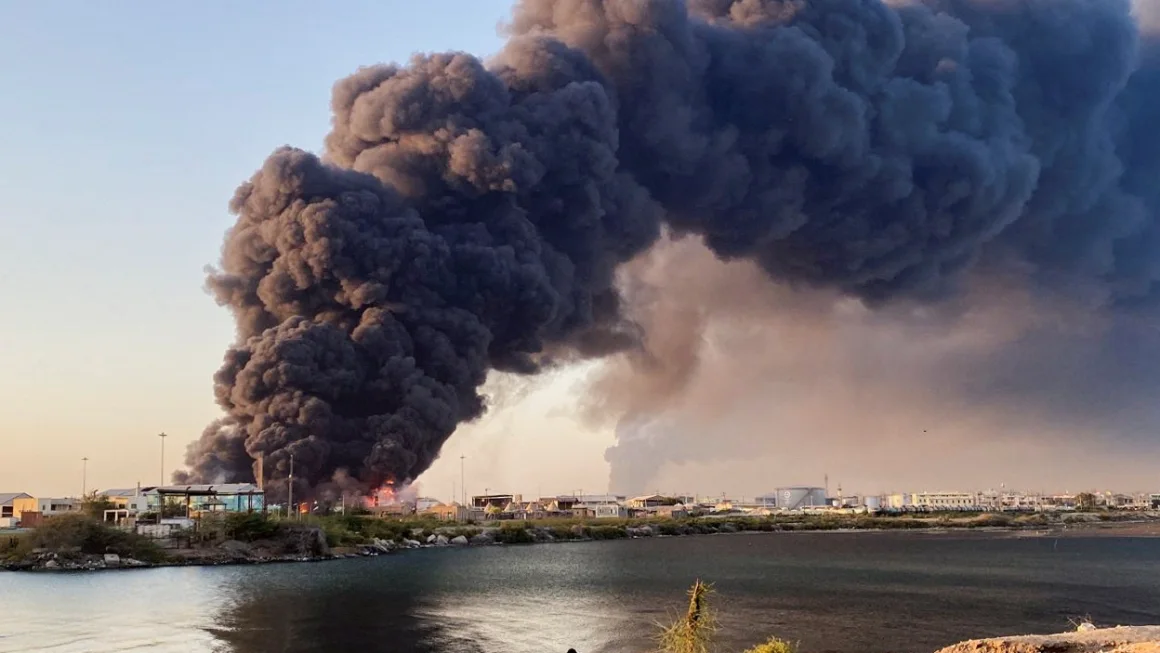‘We give birth only to lose them’: Injured Palestinian mothers grieve for babies killed in Gaza
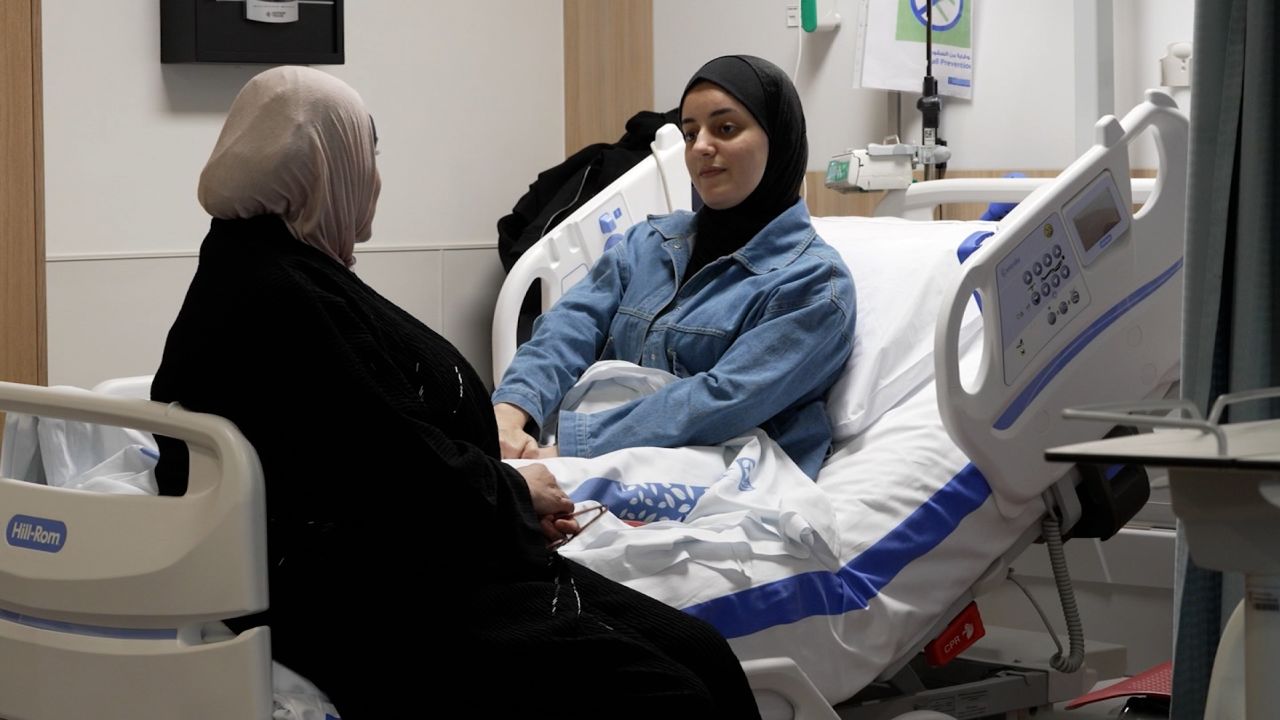
Editor’s Note: Warning: This story contains graphic descriptions of injury.
She does not remember the moment of impact, but the memory of the aftermath is imprinted in her brain. “You don’t feel the strike itself, you just open your eyes and you are under the rubble,” she says.
She immediately started feeling around, searching for Azzouz, until her mother-in-law screamed. “She found him over my belly. She picked him up. His body was in her hands and his head dropped on my belly,” she recalls.
Since that moment on October 24, she has been questioning her will to live. She initially asked her family to leave her to die, but they instead went looking for help to dig her out of the destroyed house in Khan Younis.
“My leg wasn’t visible. My arm was only hanging to my body by a small piece of flesh. I tried to rip it apart but I couldn’t, so I rested it over my belly,” she says.
By the time she reached the hospital she was presumed dead, she says. Her eight-month pregnancy made doctors look again and they delivered her daughter Mariam by cesarian.
“As she took her first breath, I came back to life. The doctors told me it was a miracle,” she says.
Hijazi tells her story in a faint voice lying in a hospital bed in Doha, Qatar’s capital. Her left arm was amputated, and both legs sustained extensive damage, requiring bone grafts to repair them.
Critical delay
Despite the occasional groans of pain, the relatively quiet hallways of the Gaza ward at Hamad Hospital in Doha are starkly different from the overwhelmed medical facilities in Gaza. Behind every door is a story of a miraculous survival tainted by inconsolable loss. Mothers being treated for life-altering injuries can finally begin to process the loss of a child and struggle with their diminished ability to care for their surviving children.
“My daughter is the one that saved me. When I was first injured, I was saying, ‘I don’t want her. I want my son back,’” Hijazi says. “I couldn’t even lift my head. I couldn’t see her, much less take care of her.” She hopes that one day her daughter will give her the energy to carry on.
Hijazi was evacuated from Gaza for medical treatment a month after her injury. Mariam, almost as old as the war and with the same chubby cheeks as her late brother, is with her grandparents in Egypt. Hijazi has watched Mariam grow up on video calls. She hasn’t held her for over six months. In Doha, she leaves the hospital between surgeries and doctors assure her she will be able to walk again.
“I have been working in orthopedics for around 21 years. The kind of injuries, the severity of the injuries, the types of bone loss, and the kind of infections we faced with the Gaza patients are beyond (anything) I’ve seen before,” says Dr. Hasan Abuhejleh, consultant orthopedic surgeon at Hamad Hospital. He has had to tell many patients that their amputations, while necessary to save their lives, could have been avoided if there were more resources available to them in Gaza.
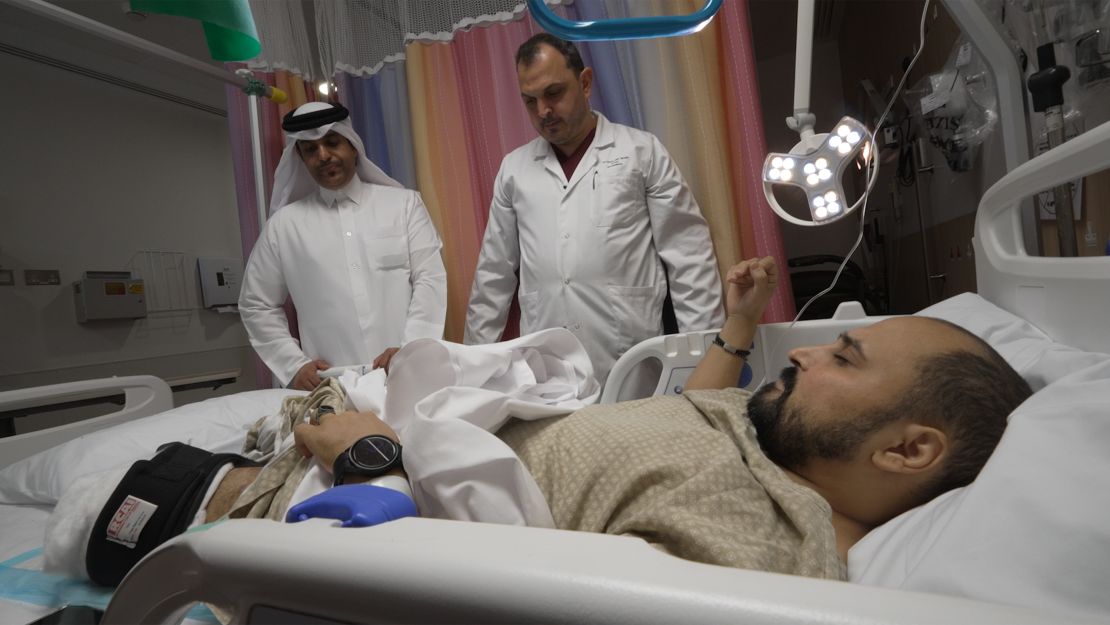
More than 4,800 people have been evacuated from Gaza for medical treatment since Israel launched its military offensive in response to the Hamas attacks of October 7, and thousands more in a serious condition are waiting to leave. Israel has denied 42% of the medical evacuation requests made, the United Nations and aid agencies said in an update on May 10. In recent days, they added, “the closure of Rafah Crossing has abruptly halted all medical evacuations of critically ill and injured patients outside Gaza.”
CNN has not yet received a response from Israel’s Coordinator of Government Activities in the Territories (COGAT) to its request for comment on the rejected medical evacuation requests.
Delays to medical evacuations have had a huge impact on the cases that come to Abuhejleh’s hospital.
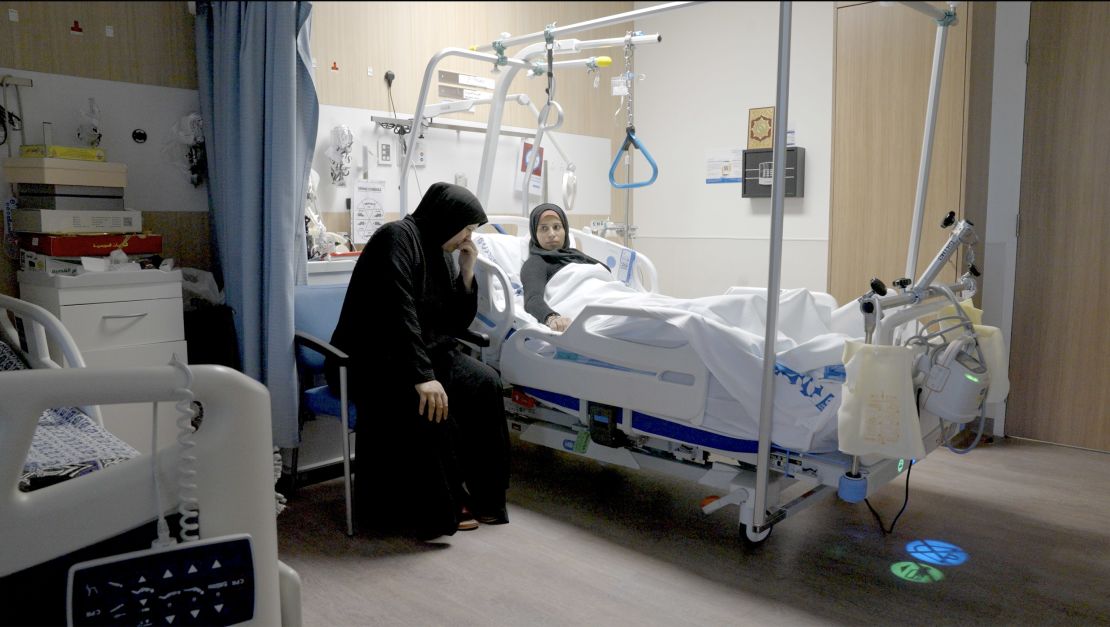
Haunting photo
The pain reverberates in different frequencies through the hospital rooms. Shaimaa Al-Ghoul messages the CNN team from an isolation room. Like many patients coming out of Gaza, she has a drug-resistant infection picked up in the territory’s struggling hospitals.
Al-Ghoul lost her husband and two of her four children in an airstrike in Rafah in February. The family was sleeping in one room when, suddenly, “the bed was split in half and I fell onto the ground floor,” she recalls.
“I heard Hothaifa (her 11-year-old son) pleading for rescuers not to leave him behind. I didn’t hear my husband or Jenan or Mohamed, so I knew they were martyrs,” she says.
She was nine months pregnant and believes the shrapnel that hit her belly also killed her unborn son. Abdullah was delivered stillborn the following day.
Al-Ghoul shares cheerful pictures of her children before the war, followed by a widely -circulated photo of her daughter Jenan’s body, lower limbs severed and propelled by the blast to dangle from a window by the scarf she wore to bed. She wants to show the horrors of the war and the memories she and others in this ward are haunted by.
Her son Hothaifa roams the hospital hallways on crutches. His injured leg is too swollen to bear weight. The laughs that come easily to his 6-year-old sister, Mariam, who wasn’t with the family that night and was evacuated uninjured, seem to be foreign to the muscles of his face.
Mariam enters a room which other patients had warned us housed patients with horrific stories of pain and loss. She plays on the beds left empty when some patients go out in their wheelchairs for a breath of fresh air at sunset.
Life after loss
Inside that room, Shahed Alqutati, 23, has just finished physiotherapy. Her left leg was amputated and the other is encased in an external fixator – a metal frame holding her smashed bones together. The strike that hit her third-floor apartment in northern Gaza on October 11 threw her and her husband Ali, a 26-year-old university professor, onto the street.
Shellshocked, she opened her eyes to find her leg torn and blood everywhere. “My husband was in front of me. He was also injured. He lost both his legs and his hand. I shouted to him ‘Ali, Ali.’ He heard me and he also shouted ‘Shahed.’ He looked at his severed arm and asked me ‘where is my arm.’”
These were the last words they shared. Both were taken to hospital but Ali did not survive. She lost the love of her life and the baby they were about to have.
“A week before the war we bought everything for the baby, every clothes, every t-shirt. (sic) Pink, pink, pink. We were very excited,” she recalls. Her daughter Sham was stillborn two days after the strike, two months before she was due.
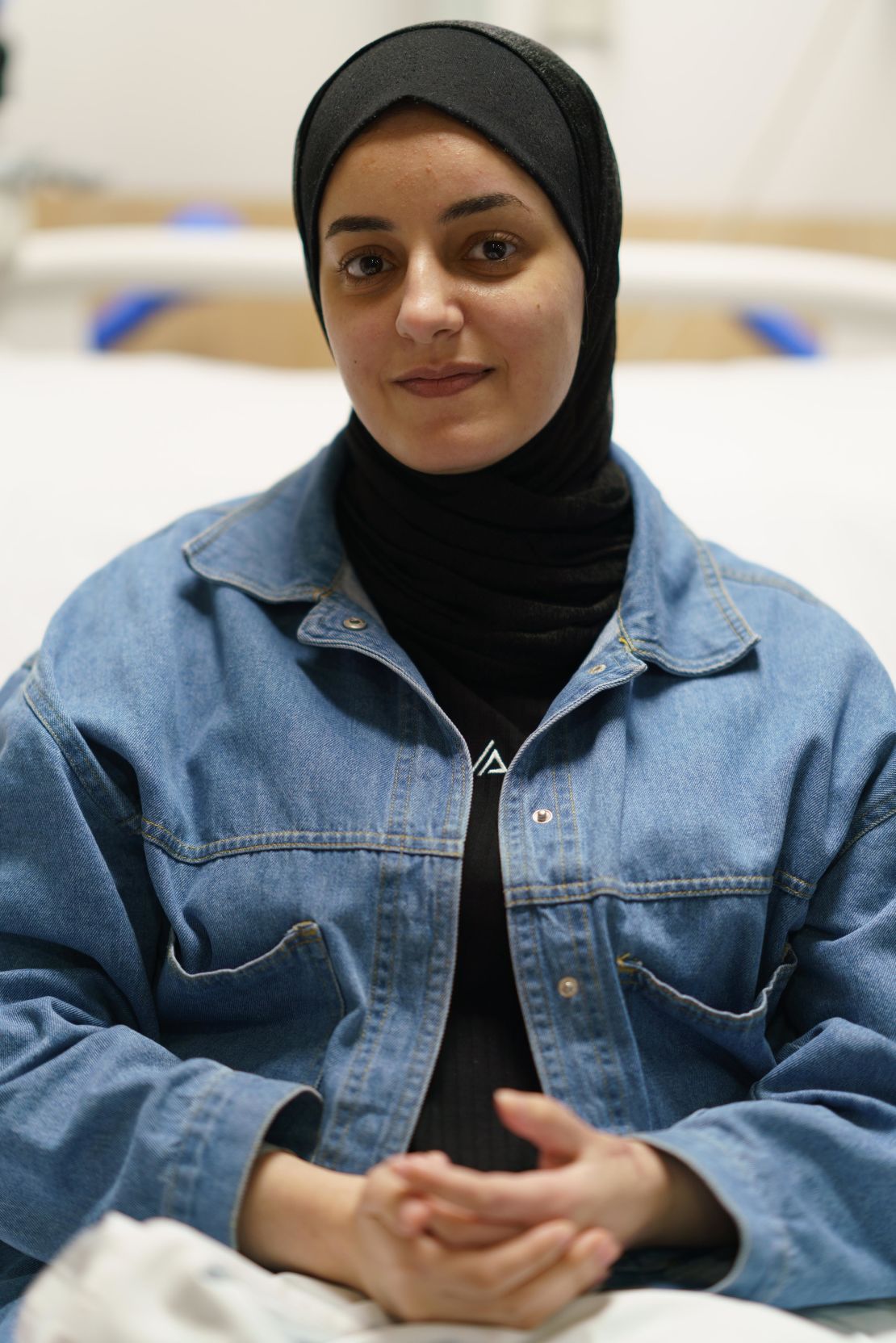
Her suffering didn’t end there. Alqutati was taken to Al-Shifa Hospital in Gaza City for treatment – and in November endured an Israeli siege that left patients and medical staff without food or water and with dwindling medical supplies. After two weeks, the Israeli military forced her and others out of the hospital.
Her father pushed her in a wheelchair along damaged roads. At a checkpoint, she says, Israeli “soldiers shot in the air and told people to go back. Go back where? There is no place to go. We walked and walked for too many hours,” she says. That obstacle added another day to their arduous journey on the streets.
By the time they reached Rafah, her wounds were bleeding and infected, Alqutati says, but she was still afraid of entering hospitals struggling to cope with a daily influx of people injured in the conflict. “If I went to the hospital, I’ll die, not recover or heal,” she says. Her father dressed her wounds away from the hospitals.
Treatment came after she was medically evacuated out of Gaza, and with it the time to process the loss. In one of the many videos she shares on social media, her late husband Ali is seen sheepishly smiling when he realizes she’s filming him again, at a university function, from the backseat of a car, as he paces in a shop.
“No one will feel (my) pain. With the people (I am) strong, happy, laughing. But when I am alone, I feel something painful here,” she says pointing to her heart. “I cannot be healed from that,” she says.
“This will stay with me for all my life. Amputation, fractures, burns, nerve problems … There is no new leg for me. This is something that will not be forgotten. And how can I forget? I lost my beloved one and my baby,” she adds.
Despite the different outcome of their pregnancies, Alqutati and Hijazi describe a similar despair that shackles them to the horrors of the war in Gaza. Like many medical evacuees, they are uncertain about their future and where they might end up, and worried about the family members stuck in Gaza.
“Life has ended. There is no more joy,” Hijazi says. “I close my eyes and all the memories overwhelm me. I went to the mall and saw the baby formula I used for my son, and I felt I was dying. And it was just baby formula. You can only imagine what happens when I see his picture or videos or his toys or his clothes,” she says. Tears stream down her face when she watches a video she filmed of Azzouz giggling.
“The pain will never go away. It’s things that can’t be forgotten,” she says. “We give birth only to lose them.”
The post ‘We give birth only to lose them’: Injured Palestinian mothers grieve for babies killed in Gaza appeared first on Egypt Independent.
What's Your Reaction?
 Like
0
Like
0
 Dislike
0
Dislike
0
 Love
0
Love
0
 Funny
0
Funny
0
 Angry
0
Angry
0
 Sad
0
Sad
0
 Wow
0
Wow
0


